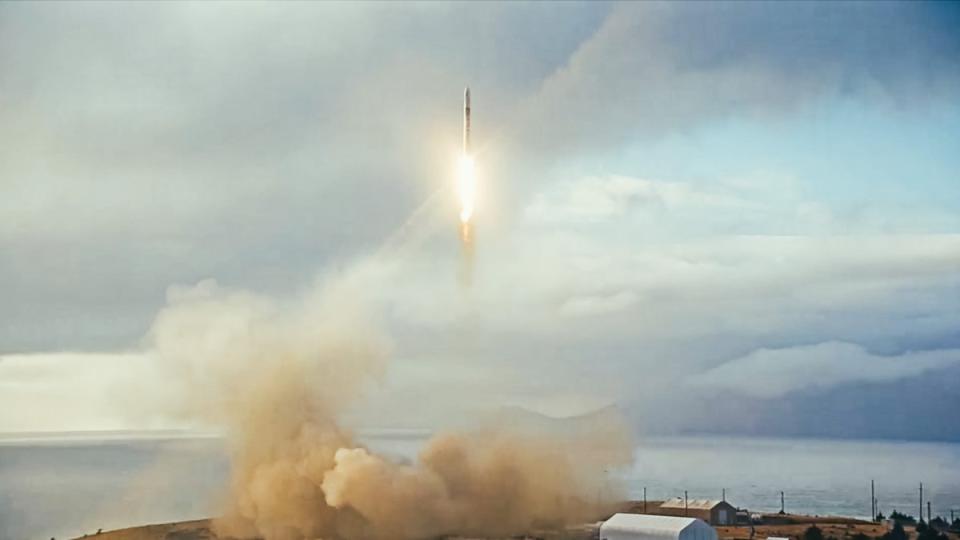ABL Space Systems' rocket experiences simultaneous engine shutdown shortly after lift-off

Launch startup ABL Space Systems’ first orbital launch attempt ended in failure Tuesday after all nine engines on the RS1 rocket's first stage shut down simultaneously. The rocket subsequently hit the launch pad and was destroyed on impact.
The rocket took off from the Pacific Spaceport Complex on Alaska’s Kodiak Island at around 6:27 PM EST. It’s unclear how soon after lift-off the engines failed. The rocket was carrying a technology demonstration CubeSat for data analytics company OmniTeq. While the payload was lost, no personnel were injured by the rocket impact.
As is customary with anomalous rocket launches, the company is working with officials from the spaceport and the U.S. Federal Aviation Administration to investigate the cause of the engine shutdown.
ABL President Dan Piemont told TechCrunch that while the investigation is still in its early stages, "The simultaneity of the shutdown is a strong piece of evidence but it will take more time for the team to narrow down contributing factors and a root cause."
ABL’s 88-foot-tall expendable rocket RS1 is capable of carrying up to 1,350 kilograms to low Earth orbit, similar to Firefly Aerospace’s Alpha vehicle. The company has previously said that each launch would cost around $12 million, putting it in a growing field of competitors looking to provide rapid launch services at low cost.
The failure on Tuesday comes just one day after a Virgin Orbit mission experienced its own anomaly, which ended the mission prematurely. Two other rockets also experienced failures in the past month: Arianespace's Vega-C and Chinese company Landspace's Zhuque-2, which would've been the first methane-fueled rocket to reach orbit.
ABL has raised $420 million since its founding in 2017, including a $200 million Series B extension round in December 2021 at a valuation of $2.4 billion. Its investors include Lockheed Martin, which purchased a block of up to 58 launches from the startup last April.
"The Flight 2 vehicle is fully assembled and ready to begin it’s flight campaign, so we’re champing at the bit to get going on that as soon as the Flight 1 investigation is complete," Piemont said.

 Yahoo Finance
Yahoo Finance 